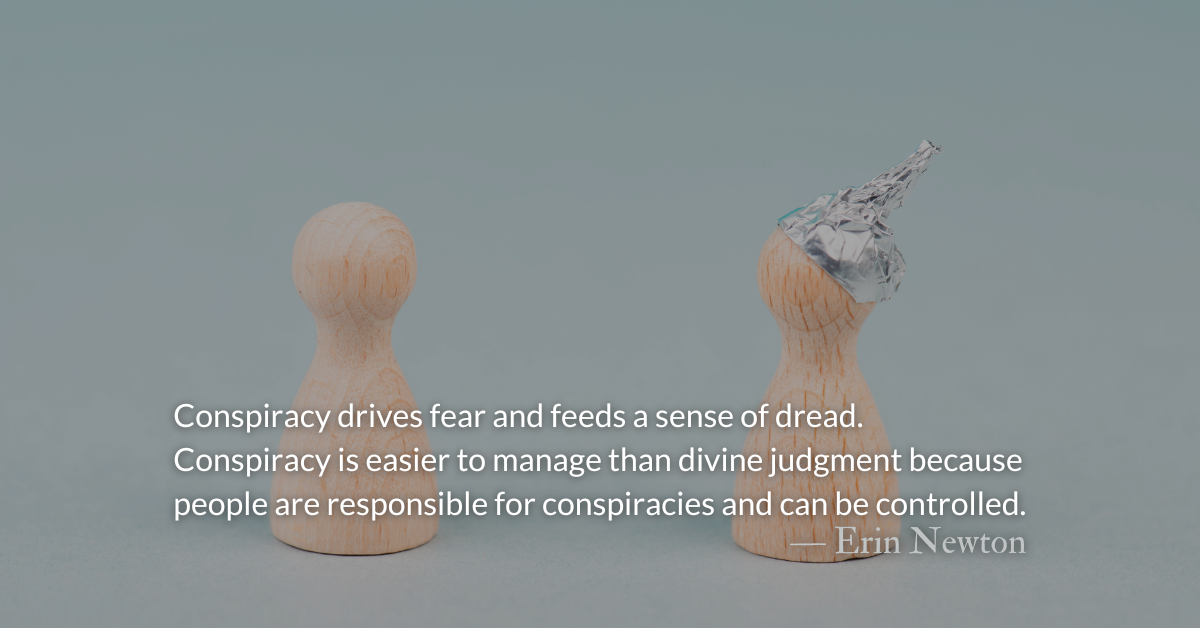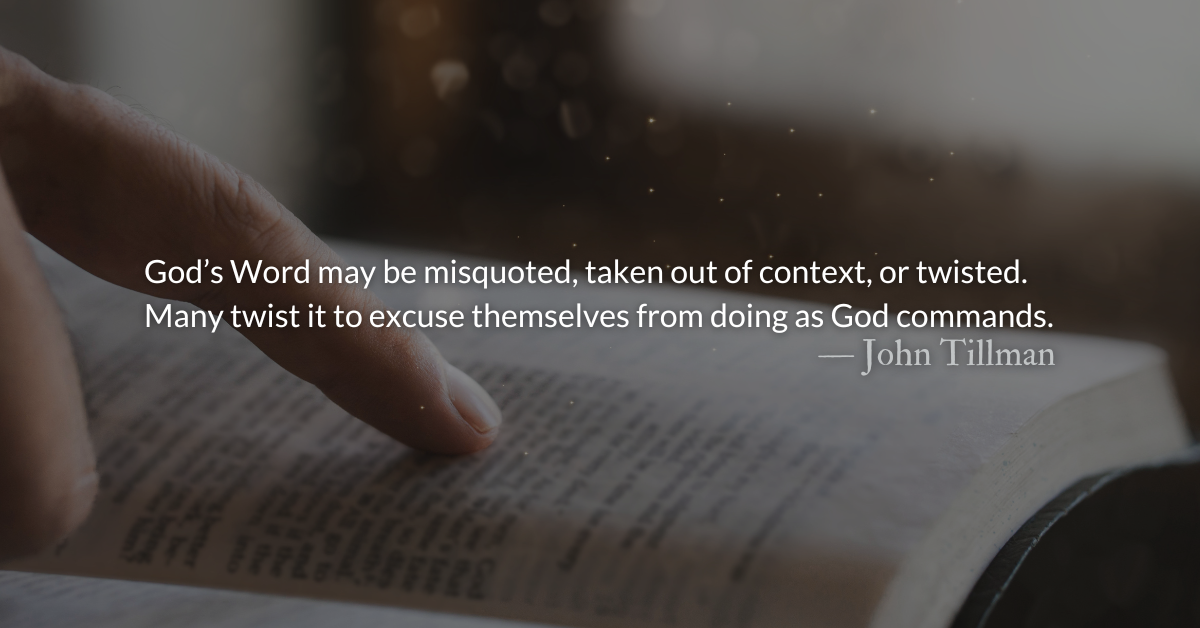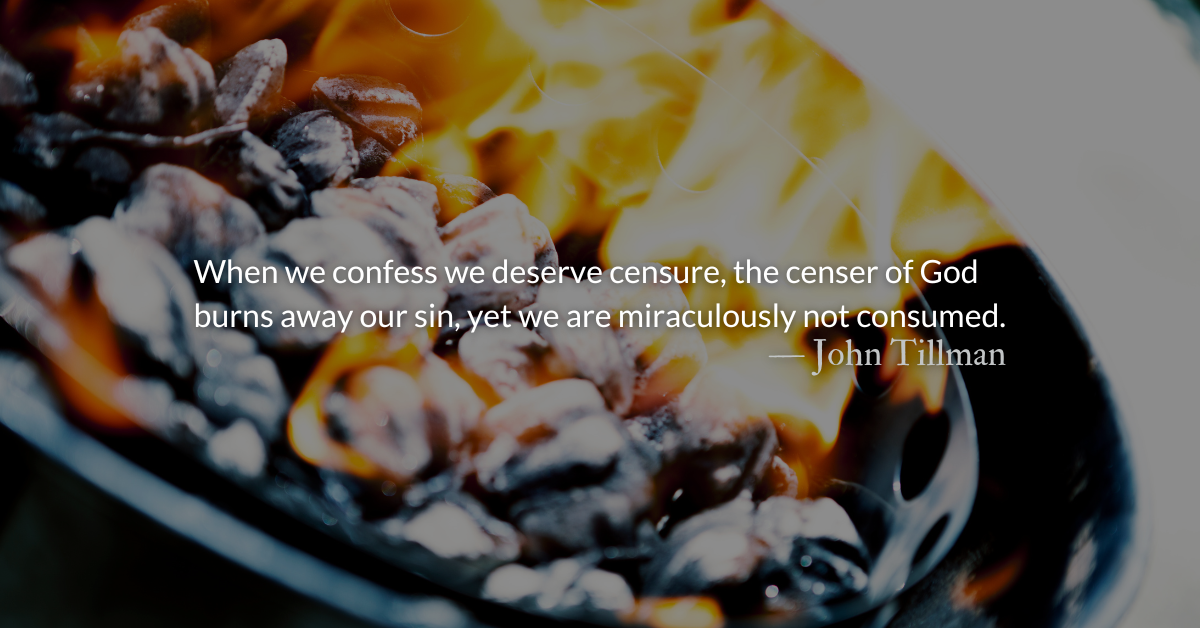Scripture Focus: Isaiah 9.12b
12 …Yet for all this, his anger is not turned away, his hand is still upraised.
Reflection: Evil, Judgment, or Discipline?
By John Tillman
Bad things were happening to Judah. Why?
Three times in this chapter, Isaiah repeats, “Yet for all this, his anger is not turned away, his hand is still upraised.” (Isaiah 5.25; 9.12, 17, 21; 10.4)
Sometimes “bad things” happen simply because evil exists. Stephen King, who has spent a lifetime writing about evil, put it this way in The Girl Who Loved Tom Gordon, “The world has teeth and it can bite you with them any time it wants.”
Sometimes bad things happen as part of God’s judgment. Individuals or groups, by action or inaction, spurn God’s calls for justice, and as Johnny Cash sang, “You can run on for a long time…sooner or later, God’ll cut you down.”
Sometimes bad things happen as part of God’s discipline. Discipline is not “pleasant,” scripture says, but is not intended for harm. Where judgment destroys evil, discipline attempts to turn us from it. Discipline proves that we are loved by God and he intends good things for us.
God’s hand of blessing and protection was lifted from Judah, allowing great suffering, but no matter how bad it got, the people still wouldn’t return to God. They’d do anything other than repent. Anything other than helping the hurting. Anything other than admitting complicity in suffering. Anything other than walking humbly, loving mercy, or acting justly.
Some explain bad things happening saying, “We are being judged because of those sinners over there!” However, Israel’s prophets never say, “This drought is because of those sinful Moabites.” Judgment begins in the house of the Lord.
We need to pause and consider what kind of suffering we are enduring. Are we simply facing an evil world? Are we being judged? Are we being disciplined? Is God’s hand upraised against us?
If we are suffering for doing good, let us rejoice. (1 Peter 3.13-17) In suffering of this kind, God is our comforter and partner.
If we are suffering for resisting evil, let us endure. However, let us not turn to evil means of survival, but rather overcome evil with good.
If we are suffering for sins of commission or omission, for our apathy toward or complicity in the suffering of others, let us repent. For God longs to lead us back to himself. His raised hand of discipline will lower to wipe our tears and “there will be no more gloom for those who were in distress.” (Isaiah 9.1)
Divine Hours Prayer: The Refrain for the Morning Lessons
Let not those who hope in you be put to shame through me, Lord God of hosts; let not those who seek you be disgraced because of me. — Psalm 69.7
– From The Divine Hours: Prayers for Summertime by Phyllis Tickle.
Today’s Readings
Isaiah 9.8-10.4 (Listen 8:50)
Psalm 105 (Listen 4:02)
Read more about Different Kind of Exile
Peter encourages his exiles not to allow the oppression and suffering they are going through to be something that crushes their faith.
Read more about The Wrong Fear
This is how people act when they are living in fear. But this is not the reverent fear of the Lord that Peter speaks of.






